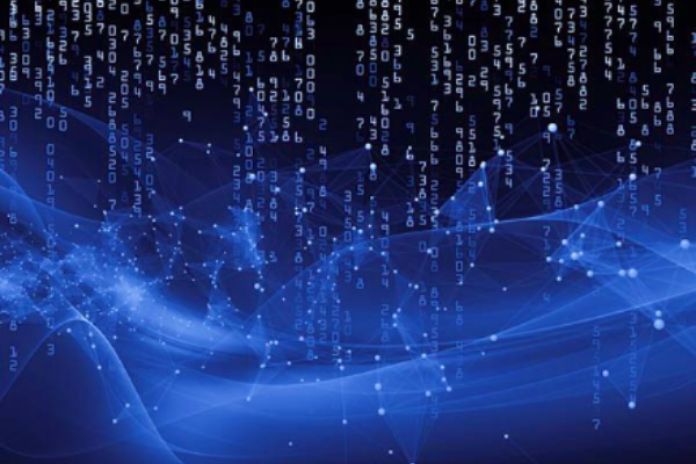Big Data and Artificial Intelligence: Since the early 2000s, Big Data has been part of the vocabulary of data scientists, programmers, and other technology professionals.
The general public adopted it when e-commerce and social networks became part of their daily lives. Today the concept is well established, but its influence on people’s lives is still the subject of much discussion, especially with advances in Artificial Intelligence (AI).
After all, Big Data and Artificial Intelligence have brought facilities to governments, organizations, and society while raising ethical questions about data storage, use, and ownership. There are more doubts than certainties about the subject, which intrigues scientists from the most different areas of knowledge, from the Humanities to the Biological Sciences.
What Are Data
To understand the meaning of Big Data, it is necessary to define what data is. Data is raw knowledge that needs adequate treatment to provide relevant information. All people generate this knowledge daily, whether online or in the physical environment.
The most common examples are name, social security number, location, and credit card number. But some data are considered more sensitive, such as political orientation and health conditions.
What Are Algorithms
Originating in mathematics, algorithms are rules and logical procedures previously defined to achieve a specific objective, following a finite number of steps. We’ll talk a lot about them in the following few paragraphs.
The Revolutions That Unite Big Data And Artificial Intelligence
Two revolutions must happen shortly. The first is biotechnology, which has the support of neuroscience to decipher the functioning of the human brain and feelings. The latest scientific discoveries have revealed that feelings are biochemical mechanisms that a living being uses to calculate survival. As a mechanism, it follows patterns that can be identified and manipulated.
The second is information technology, through advances in AI and robotics. The two revolutions combined will produce Big Data algorithms that will analyze people’s feelings. This is what already happens in medicine, for example. Diagnosis and treatment are no longer established by the patient’s sense of being sick or healthy but by technology that monitors an individual’s biometric data. Big Data and Artificial Intelligence are already used to monitor chronic diseases such as diabetes and hypertension.
This scenario will expand to other areas of our lives, thus shaping the use of algorithms by large technology companies. If today we are already surprised by how Google, Facebook, and Alibaba predict our behavior, the following decades promise a 180-degree change in society as we know it.
Here we make the same warning as Yuval Noah Harari: what you will read next are hypotheses of what will happen in the world after the impacts of Big Data and Artificial Intelligence. There is no certainty that the predictions made by the author of “21 Lessons for the 21st Century” will come true.
The Authority Of Algorithms
For millennia, humanity believed that authority was divine in origin. With the ideals of the Enlightenment of the eighteenth century, the administration began to be exercised by human beings. And, in the coming decades, algorithms will probably be the protagonists.
The authority of algorithms will come from the perception that they can offer better guidance than other human beings – or ourselves. The first signs of this change are already present with the indication of content on Netflix and the selection of publications we are exposed to on Instagram.
If we start to guide our lives by algorithms, for Harari, it will no longer make sense to see the world as the field of action of autonomous people who try every day to make the best choices. The world will be a gigantic flow of data, and we, biochemical algorithms, are part of a universal information processing system.
Algorithms In Decision Making
The use of algorithms in decision-making will be increasingly common. Today we already entrust them with the choice of the movie we will watch or the music we will listen to. In the coming decades, Big Data and Artificial Intelligence will improve to the point of making these decisions for us, according to the predictions of Yuval Noah Harari:
- It is choosing a romantic partner from predictive models that show possible scenarios when getting involved with a specific person.
- Choosing the profession and career with a Google search, based on the algorithms and stored information it has on the user, would analyze the strengths and weaknesses of the individual and offer an answer.
- Choosing which candidate to vote for in an election.
The trend is that, over the years, we have started to trust algorithms more than our feelings. We know that most people need to learn themselves better and still make mistakes when making any decision. Unlike AI, humans cope with the lack of data, confusing rules, and uncertainties of everyday life. So we will delegate more and more activities to algorithms, which can lead us to remember how to make decisions for ourselves.
Big Data And Artificial Intelligence Will Evolve To Be More Ethical Than People
The definition of right and wrong will still be humanity’s responsibility. However, technology is likely to surpass a person in ethical decisions. In times of crisis, it is common for people to forget ethics and follow their emotions and instincts – as in a car accident in which the driver flees without helping the victim for fear of punishment.
Since we mentioned traffic, the self-driving car is the most common example of ethical decision-making by technology. In addition to avoiding accidents due to human failures such as lack of attention, the automobile can follow ethical guidelines better than humans in times of crisis, as long as it is programmed to do so. It can be set to stop and help strangers in trouble or change lanes to save the life of a child in its path (even if it means the driver’s death).
Also Read: Artificial Intelligence vs. Deep Learning vs. Machine Learning

